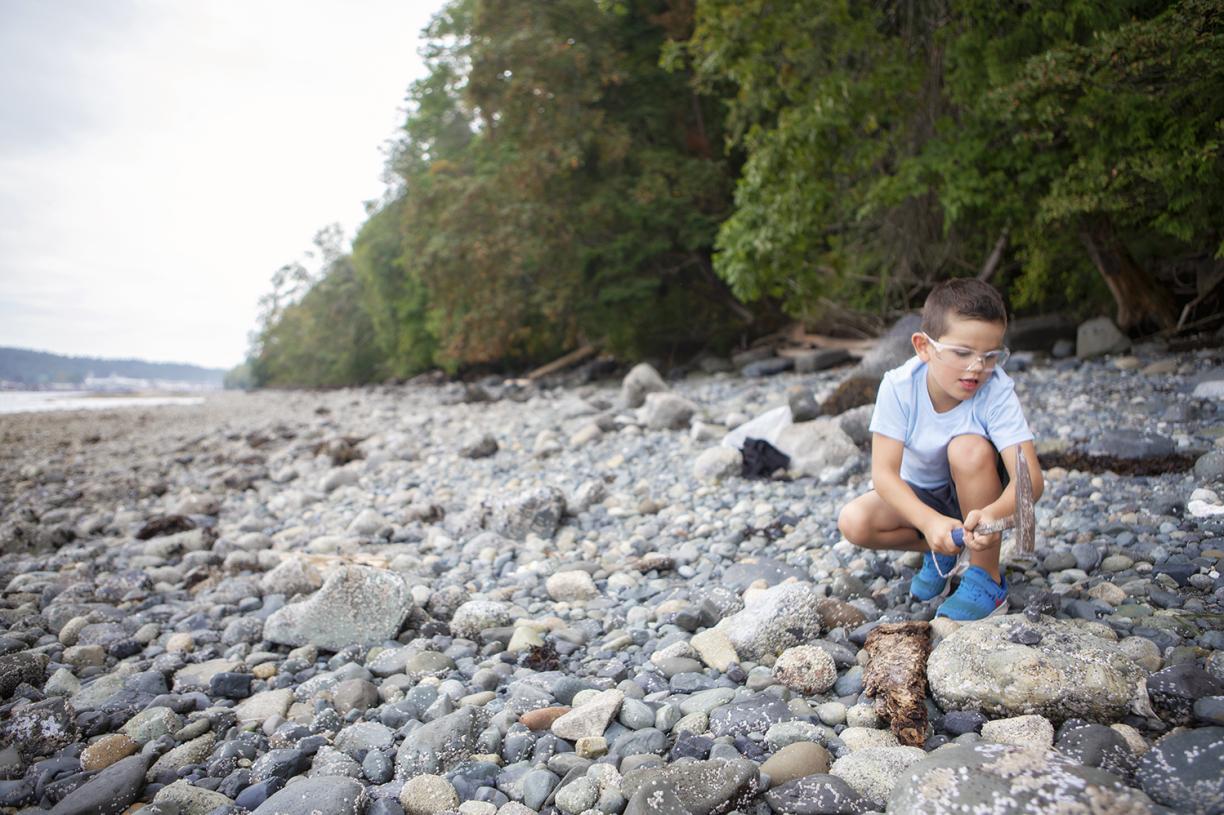As people walk upon the Earth, not many take the time to really notice what’s under their feet or realize just how vital sand, gravel and rocks are in today’s society.
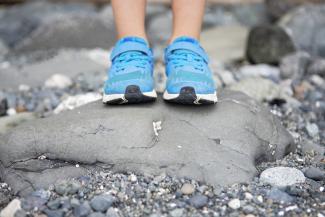
“Rocks and sediments underlie everything we build on, walk on, or grow food on. Yet, few people realize how vital those types of materials are and how much of our daily activities interact with geology. The stability of building and the availability of water in wells also depend on geological materials. The paint in your house and the circuits in your cell phone all contain materials sourced from minerals and rocks,” says Dr. Jerome Lesemann, Vancouver Island University (VIU) Professor of Earth Sciences.
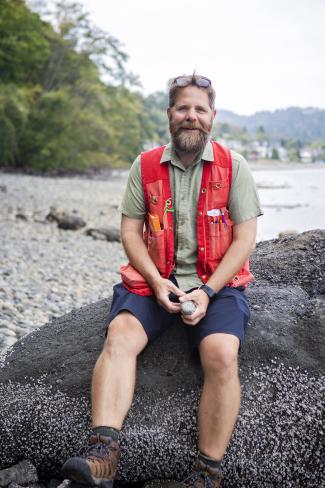
Earth Science is a multi-disciplinary science focused on understanding Earth’s history, which in turn enables a better understanding of the origins of Earth’s resources and the sustainable use of these resources.
“Many people know of a segment of Earth Science known as ‘Geology’, which is the study of rocks, minerals, weathering and erosion. However, ‘Earth Science’ is a term used to encompass the study of all systems that interact on Earth: climate, oceans, biological interactions, fossils, earthquakes, etc,” says Lesemann.
The VIU Earth Science Department hopes to spark the curiosity of school teachers and students in Nanaimo about Earth Science and inspire the next generation of scientists in this field. They are developing mobile rock and mineral teaching kits that can be used in course curriculum at schools throughout School District 68 and other districts upon request.
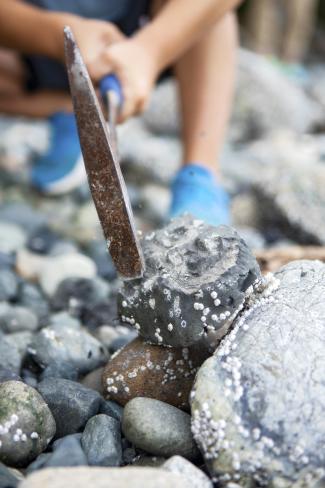
“We receive a lot of requests from local teachers for geological materials to support their course instruction,” says Lesemann. “They told us that better access to teaching materials would make the integration of Earth Science in their classroom activities more feasible, relevant, and interesting.”
The department received a $10,000 grant from the Canadian Geological Foundation to create eight to 10 kits, complete with teaching activities, rocks, minerals and fossil samples.
Lesemann says they hope that sparking an interest in Earth Science at a younger age will encourage more students to pursue this field in post-secondary education. "Few high school students currently realize they can access this kind of interesting and challenging training at VIU."
“Earth Science is a gateway discipline that integrates chemistry, physics, engineering, geography and computing. It is also a discipline that requires a lot of creative thinking and complex problem solving. Because it is so multi-disciplinary, Earth Science provides a useful and relevant perspective on many current and future environmental challenges,” says Lesemann. “Canada’s mining industry is one of the largest in the world. We need highly trained Earth Scientists for their unique perspective and for the sustainability of the Canadian workforce.”
VIU possesses an extensive specimen and resource collection that will be used as a major initial source of samples for the school kits. The collections are being supplemented with geologically relevant local samples to increase awareness and understanding of Earth Science in the Nanaimo Lowlands region of Vancouver Island.
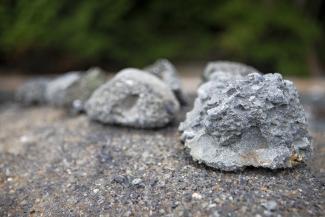
VIU Earth Science students and faculty will hit the beaches around Nanaimo this August in search of the perfect Igneous, Sedimentary, Metamorphic and fossil specimens to put into the mobile kits.
-30-
MEDIA CONTACT:
Rae-Anne Guenther, Communications Officer, Vancouver Island University
P: 250.741.6673 l C: 250.619.1088 l E: Rae-Anne.Guenther@viu.ca | T: @VIUNews


